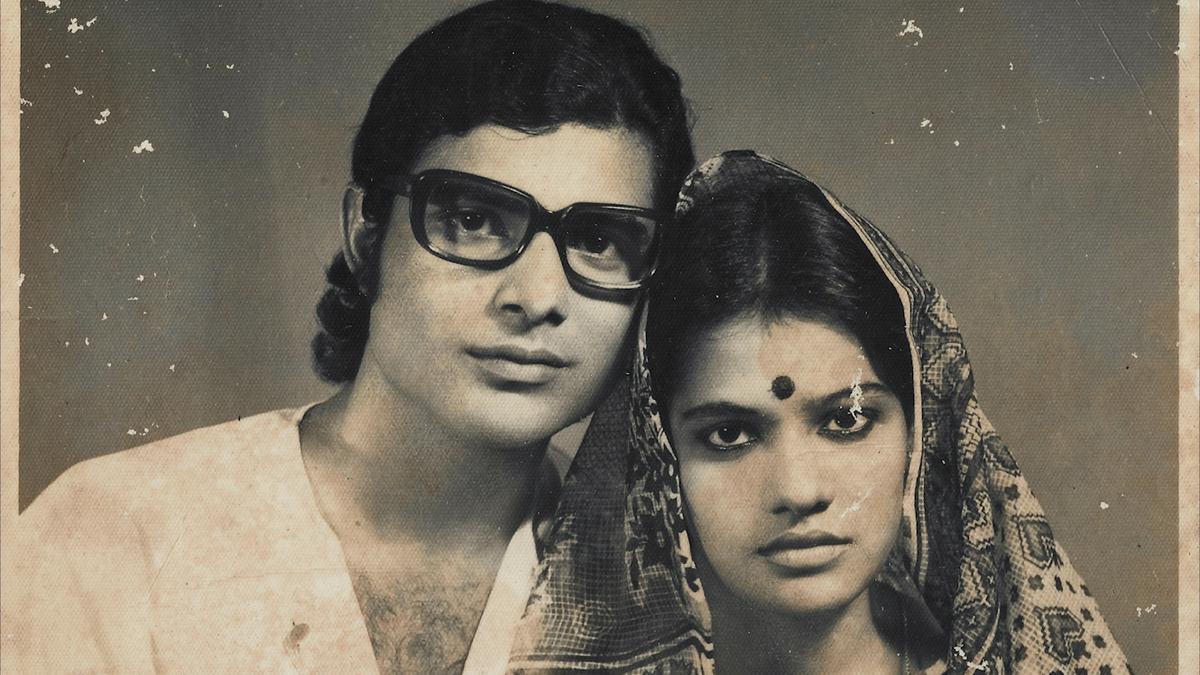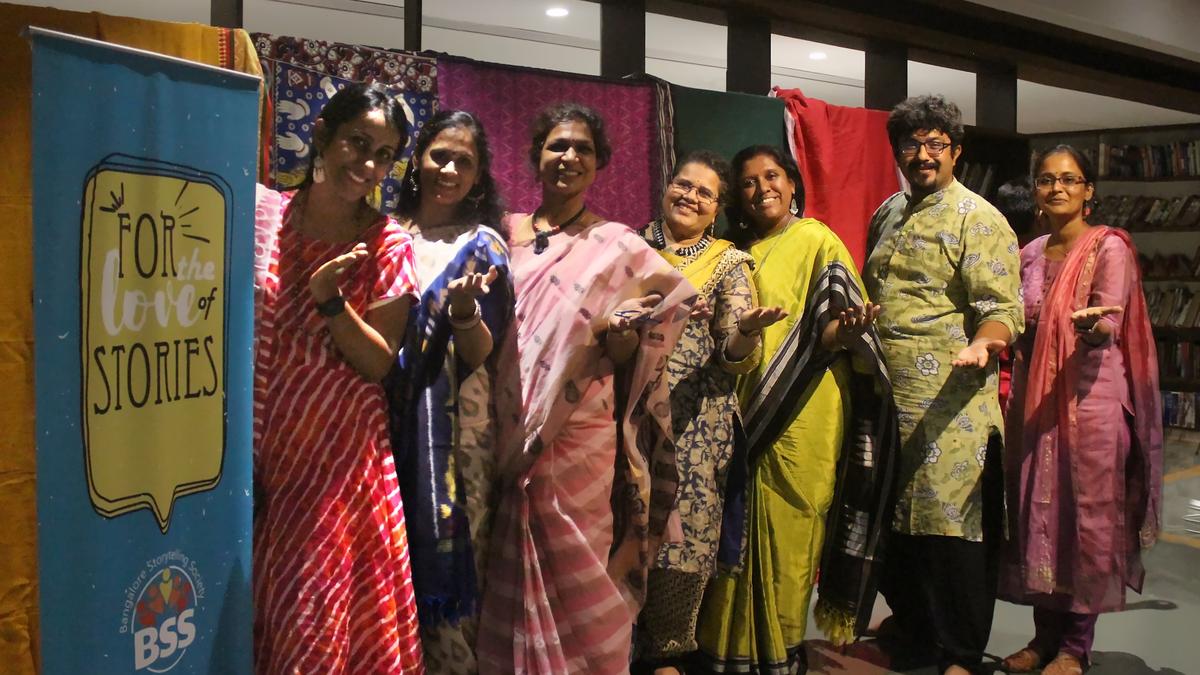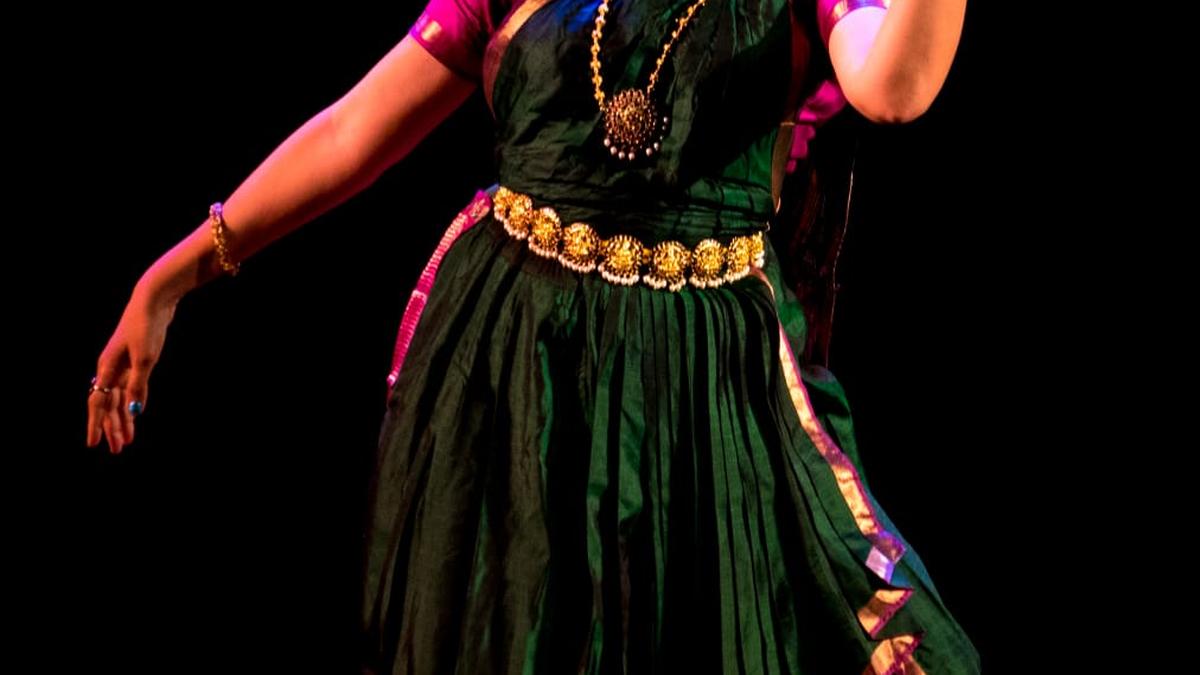Farida Saha and Sunit Kumar Saha
Rahul Banerjee first saw Subhadra Khaperde at a Narmada Bachao Andolan rally in 1991. It was love at first sight for the IIT (Kharagpur) graduate, who had decided to work for the rights of the Adivasi community in Madhya Pradesh. After months of wooing, Subhadra too fell in love with Rahul. Two years later, when the couple decided to tie the knot, neither of their families approved because she is a Dalit Neo-Buddhist activist and he, a Hindu Brahmin.
Subhadra and Rahul’s story is one of six that features on Amazon Prime Video’s Valentine’s Day offering, Love Storiyaan. Produced by Dharmatic Entertainment, this anthology is inspired by India Love Project, a social media initiative by journalists Priya Ramani, Samar Halarnkar and Niloufer Venkatraman that celebrates love outside the shackles of religion, caste, ethnicity and gender.
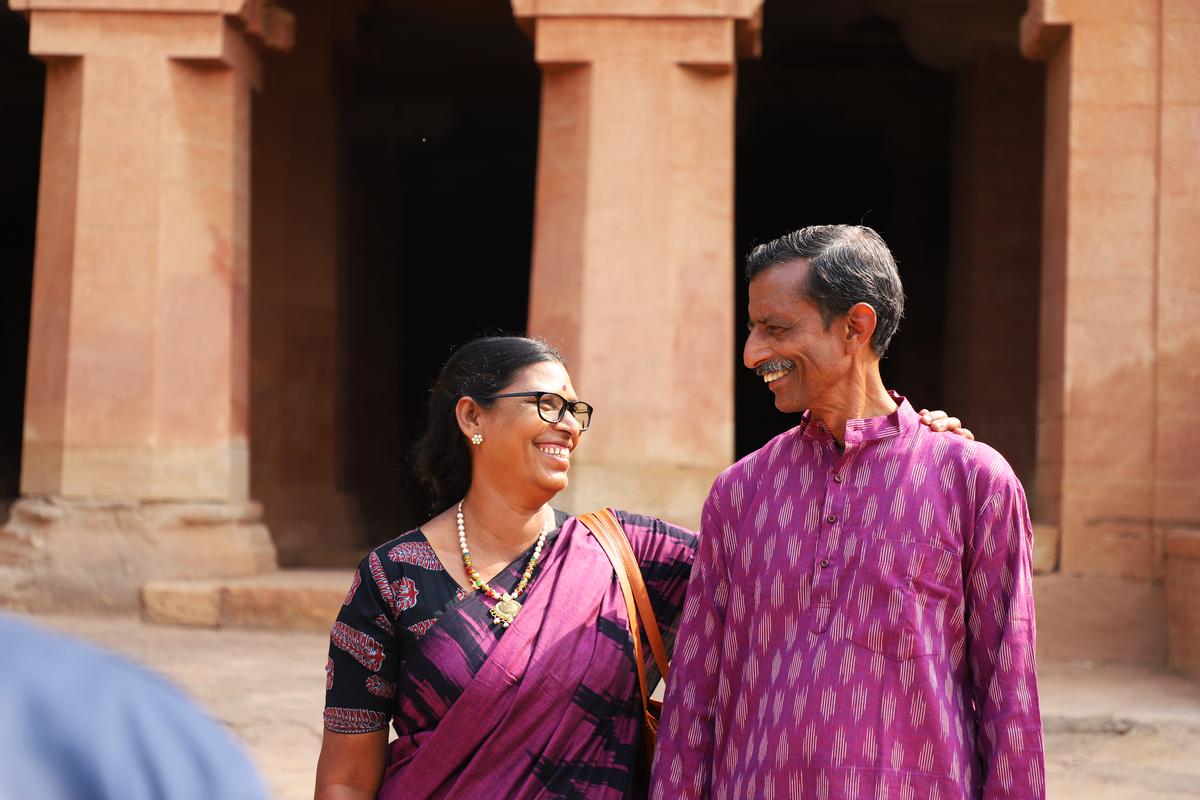
Rahul Banerjee and Subhadra Khaperde
Somen Mishra, who heads Dharmatic’s creative development and has conceptualised the show, briefly toyed with the idea of Love Storiyaan being a fictional show but then decided against it. “There have been quite a few anthologies already, and I think it’s more exciting to feature real people who have fought against the odds,” he says. It was an inspired choice for Mishra, given how impactful and heart-warming the final product has turned out to be.
Not adding the razzle-dazzle of fictional storytelling has allowed Love Storiyaan to stay true to its emotional core. It’s not just the narrative choice though, it’s also the selection of storytellers. The six directors — Akshay Indikar, Archana Phadke, Collin D’Cunha, Hardik Mehta, Shazia Iqbal and Vivek Soni — all share something in common with the real-life protagonists. “We wanted the stories to resonate with each of them, ” says Mishra.
Marathi filmmaker Akshay Indikar, for instance, had an intercaste marriage and is from the Dalit community. For him, Subhadra and Rahul’s story is not just about them finding each other, it also highlights their passion for a cause. “They have dedicated their lives to the upliftment of others. I wanted to document their struggles and strength,” says Indikar, whose last film Sthalpuran, a tender tale of an eight-year-old coping with change, premiered at the Berlin International Film Festival in 2020.
Akshay Indikar
Crossing borders
Having experienced the ‘othering’ that follows when someone marries out of their religion, both in her immediate and extended families, award-winning director Shazia Iqbal immediately gravitated towards the Sahas, a Kolkata-based couple in their 70s, who met and fell in love during the Bangladesh Liberation Movement in 1971. “They had to cross borders and leave behind their families just to be together and yet they aren’t bitter. That’s what fascinated me about them,” she says. “We travelled with them to Bangladesh, where they were returning after years to meet their families. Farida’s brother Bachu was still very angry with her [for having married a Hindu] and didn’t want to meet her.” Understandably, there was a lot of apprehension about visiting Bachu’s home but once the brother-sister started talking, there wasn’t a dry eye in the room.
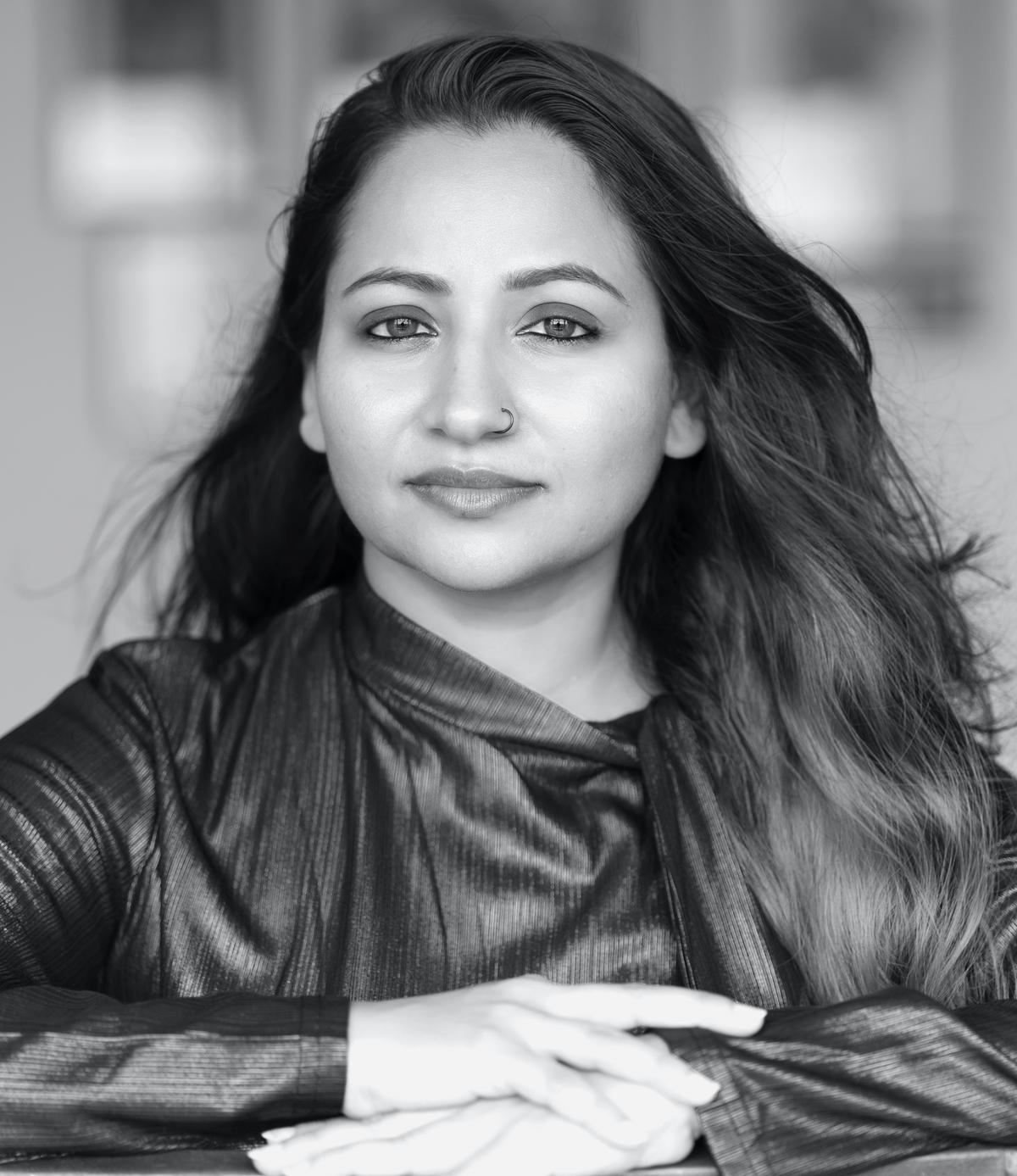
Shazia Iqbal
What Archana Phadke, an alumna of the Berlinale Talent campus and a National Award winner, came away with after telling the story of Dhanya Ravindran and Homayon Khoram was that ‘love is strength’. Dhanya is from Kerala, while Homayon is from Afghanistan, and they fell in love when studying in Moscow. “Most love stories we see on screen end with marriage. Sustaining a marriage takes a lot of work and resilience, even when it’s within the same community,” says Phadke. Through their marriage spanning two decades, the couple has overcome many obstacles, including eking out a living in war-torn Afghanistan.
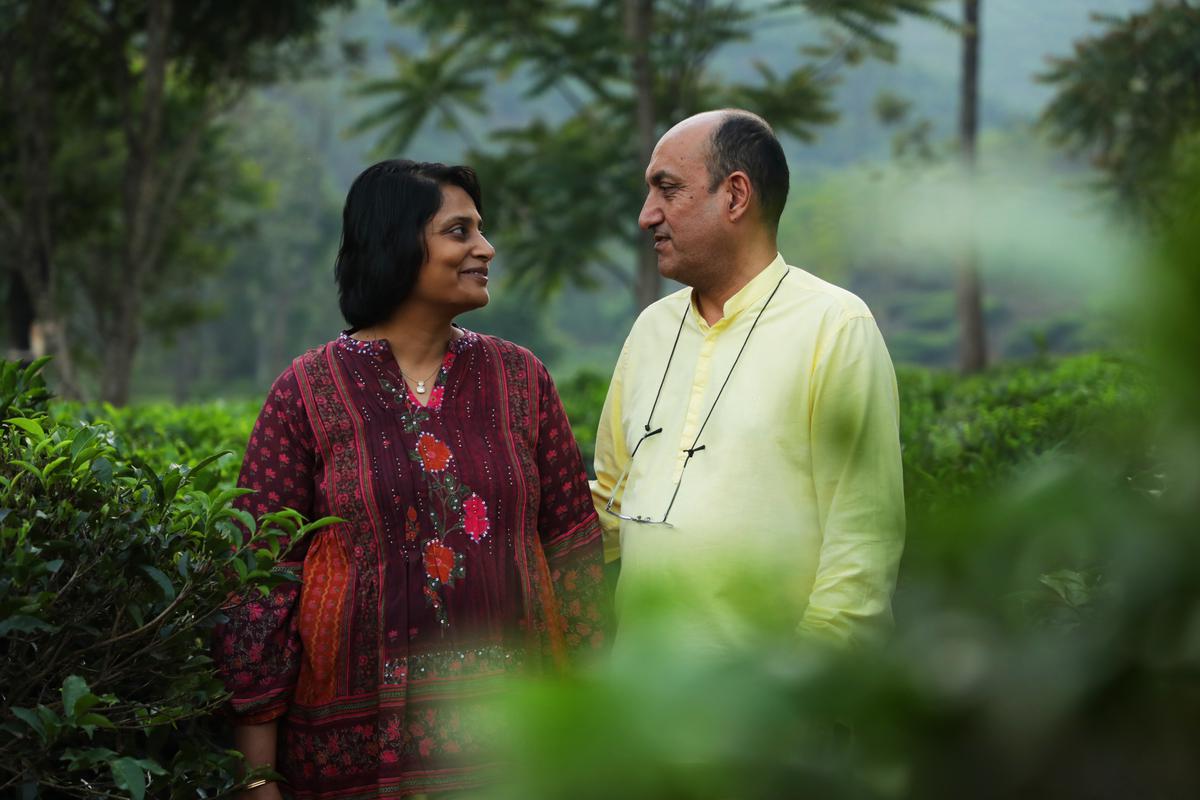
Dhanya Ravindran and Homayon Khoram

Archana Phadke
On the surface, Aekta Kapoor and Ullekh N.P.’s life is a typical North Indian-meets-South Indian story. And, director Hardik Mehta knew a thing or two about marriage that crosses borders. “Mine is also a love marriage that involved a bunch of Gujaratis travelling for two days in the Sabarmati Express to Lucknow,” he says. What was different was that Mehta had his family’s approval. “In India, marriages aren’t just about two people wanting to spend the rest of their lives together. It’s about families coming together.” In Aekta and Ullekh’s case, the antagonists were the former’s two daughters from an earlier marriage. “It was interesting how the couple won over the young girls,” says Mehta.
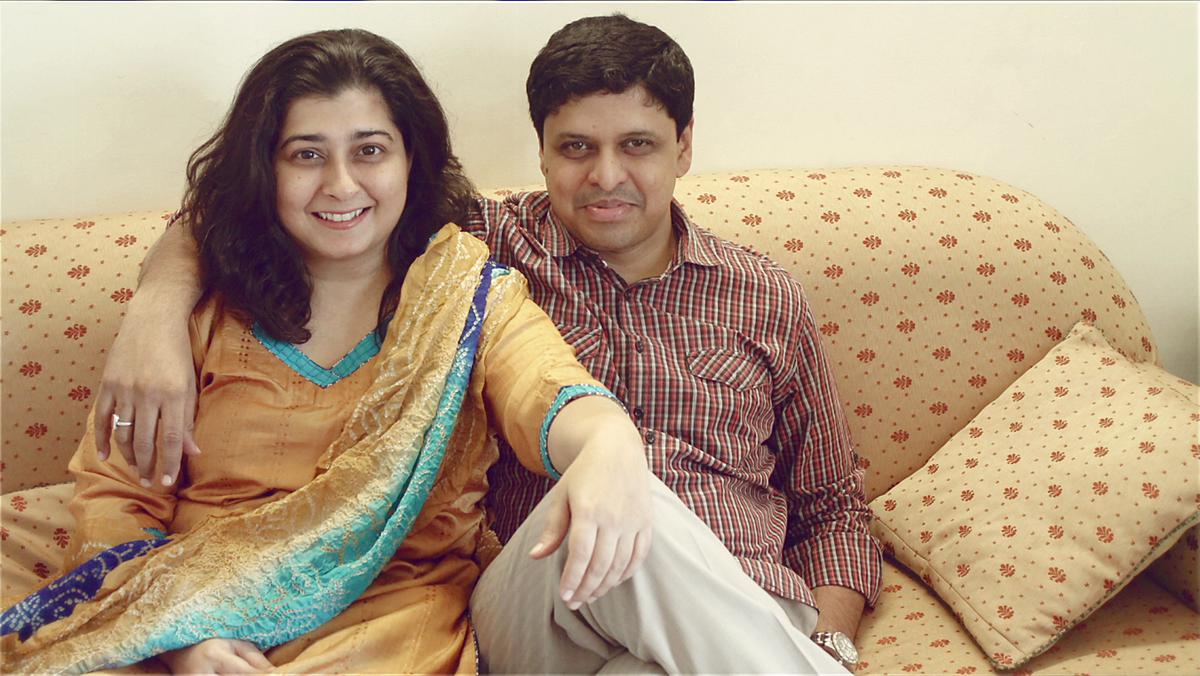
Aekta Kapoor and Ullekh N.P.
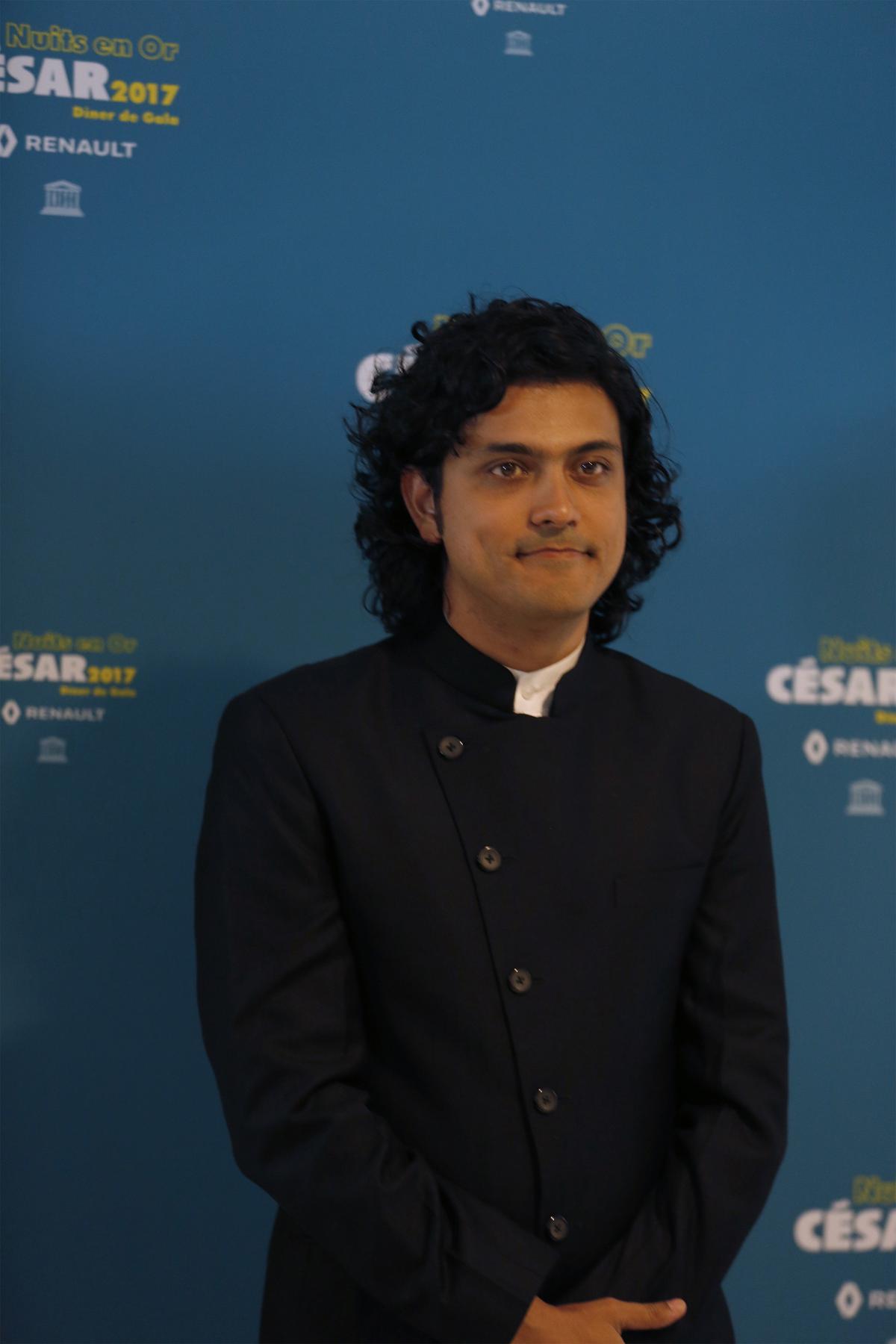
Hardik Mehta
Rivals to lovers
Chronicling the love story of Nicholas J. Kharnami and Rajani K. Chhetri was emotional for Vivek Soni, who co-wrote and directed the Sanya Malhotra-starrer Meenakshi Sundareshwar (2021). Nicholas and Rajani are Shillong-based radio jockeys who first spoke to each other over an on-air prank. “They used to work at rival stations and an avid listener brought them together,” says Soni. Spending days with the crew meant that when Rajani and Nicholas finally sat down in front of the camera, no subject — commitment-phobia, disapproving parents, different religions and even addiction — was off the table. “They just opened up. There was so much that I hadn’t even thought of that came up in our conversations,” says Soni.
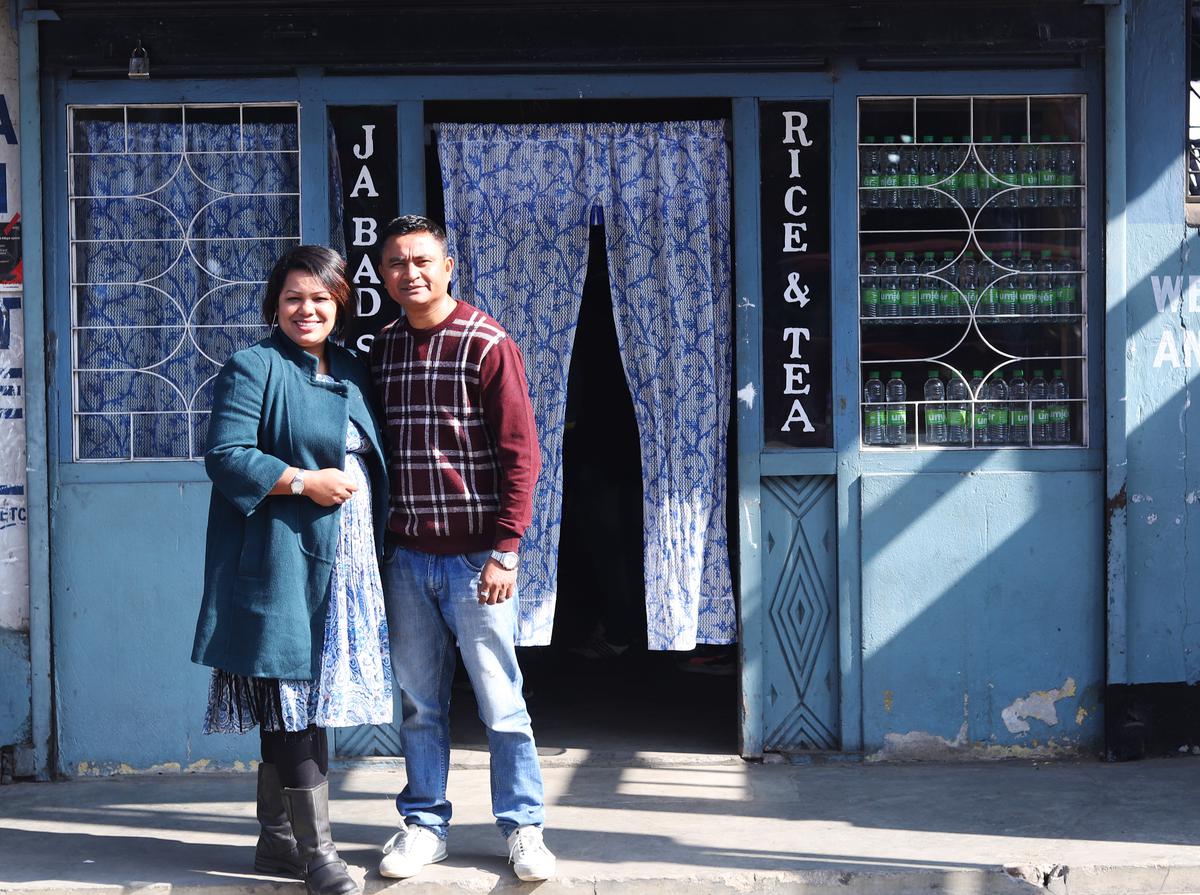
Nicholas J. Kharnami and Rajani K. Chhetri
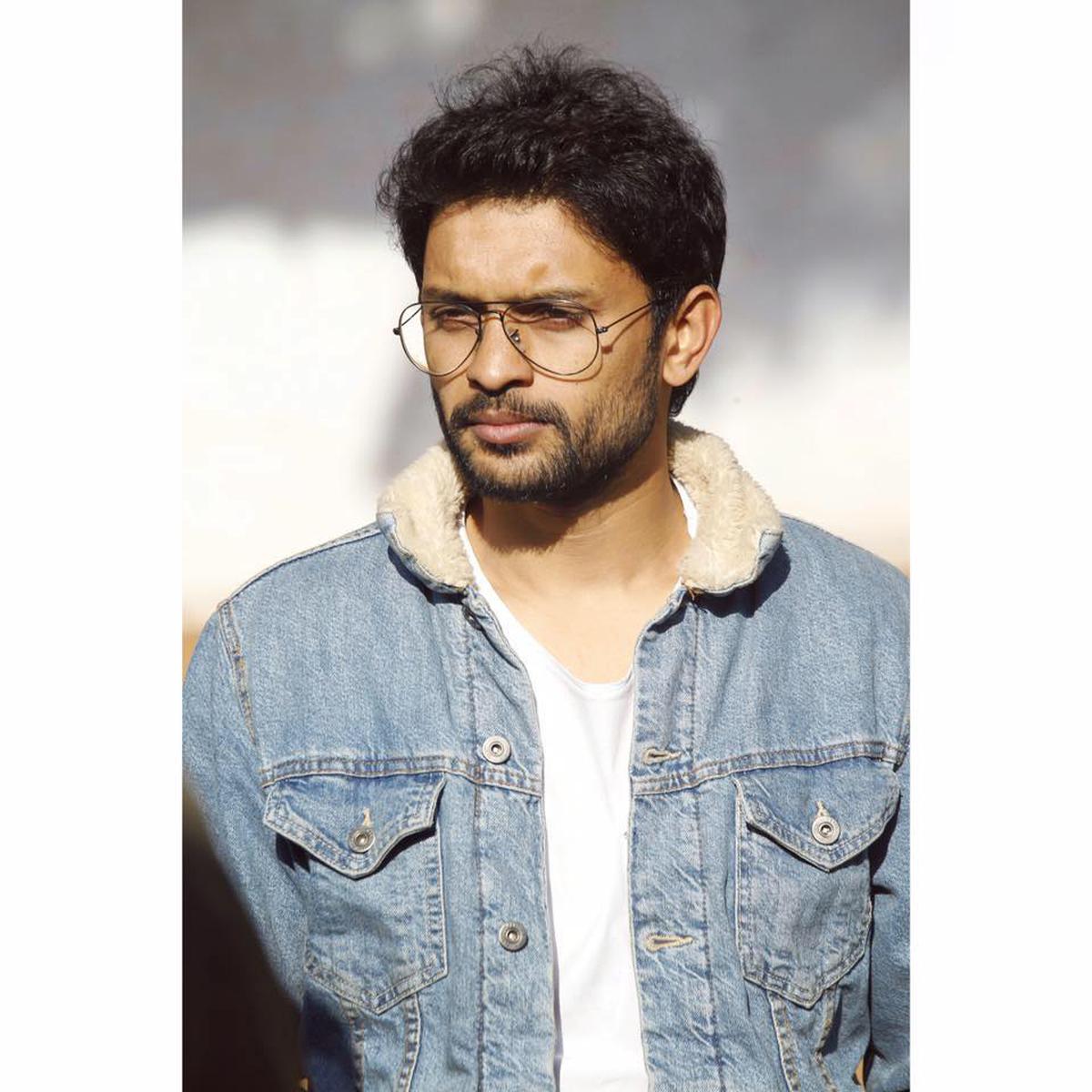
Vivek Soni
Kolkata residents Tista Das and Dipan first met in 2017 at a helpline for trans persons in Kolkata. Dipan had travelled from his home in Assam seeking help with a gender reassignment surgery. Three years later, their union made history-of-sorts as the first rainbow marriage between two transgender individuals in West Bengal. “So much of Tista and Dipan’s early life went in finding themselves and learning to love who they are. Finding someone who’d love them was a very distant dream for both. Theirs is a story that is so life-affirming and transformative,” says director Collin D’Cunha.
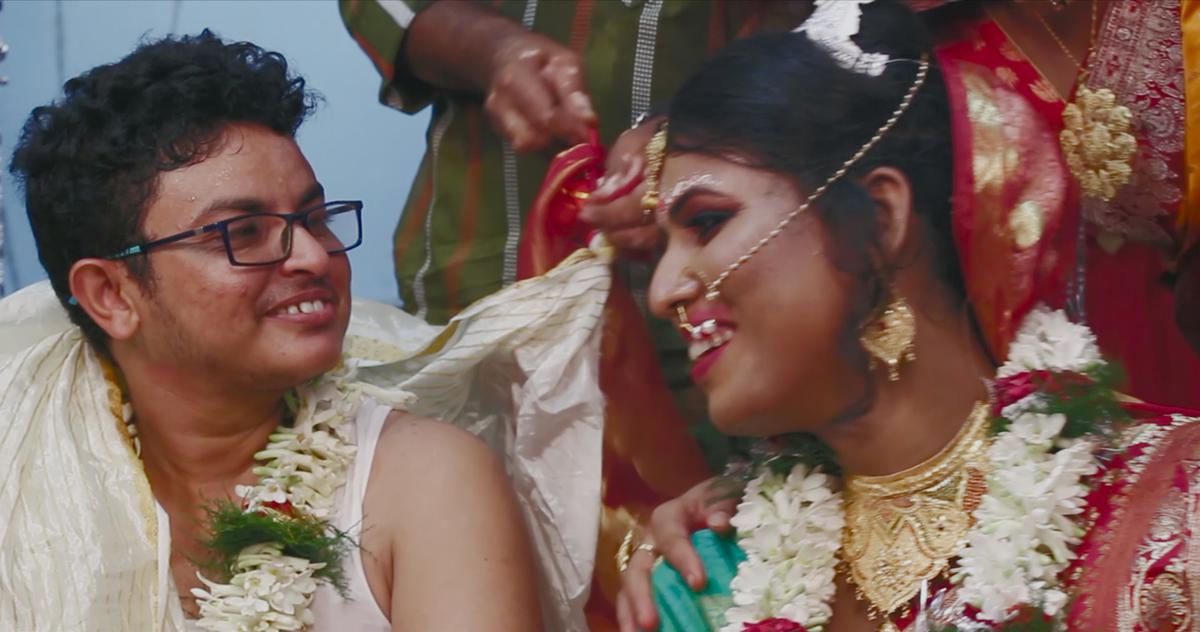
Tista Das and Dipan Chakraborty
Collin D’Cunha
The film journalist is the author of Parveen Babi: A Life.

